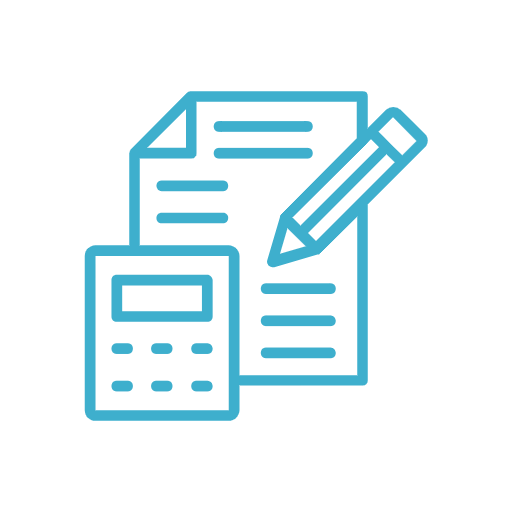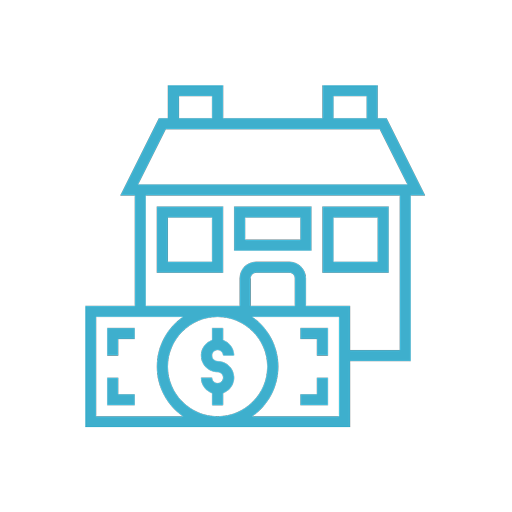Personal Taxes

BASIC
In Canada, each financial year, every individual has to send a tax return to the Canada Revenue Agency (CRA). The paperwork shows the sum of the previous year’s taxable income and tax credits, running from January to December. The Canadian government takes the information from this form to work out the amount of tax to be paid by each person. Depending upon the figures shown upon the paperwork, the government will either make a refund or ask for an amount to be paid. If personal tax returns are not filed on time, a financial penalty will be issued by the CRA. Tax returns for each year have to be filed by the 30th April of the year following. Don’t make the mistake of thinking that you only file a personal tax return to receive tax refunds. Late filing will result in not only a penalty but may also delay receipt of government benefits.

Self-employment
For those who are self-employed, trading as a sole proprietorship, the CRA view you and your business as one and the same. The money earned by your self-employment is counted as part of your total income for the tax year. The tax rates for sole traders are the same as for individuals. There is however one small difference; the CRA allows those who are self-employed to claim a variety of expenses, as long as they are used to create income and are not unreasonable. The income can be gained from self-employment can come from a sole proprietorship or a partnership. If you decide to make your business incorporated, then it will no longer be viewed as a type of self-employment. Whether you are trading as a sole proprietorship or partnership, your self-employment tax return must be filed in the same way as an employed person using a personal tax return. Using a form T2125, you need to show your total business income as well as any deductions in the form of expenses. This is viewed as being your annual wage and must be reported as professional/business income.

Rental Income
If you are a landlord, then you should advise the total amount of your rental income and any expenses on a form T776. This will be made up of rent collected from tenants for the relevant tax year. You can also claim deductions for expenses relating to your rental properties. For example, property expenses may be made up of property insurance, heating, electricity, and water. Other expenses may also be relevant. For instance, current expenses incurred because of maintaining the property in good condition i.e. painting, decorating, etc. You may claim these expenses in full. Capital expenses are long-term expenses incurred by the purchase of goods that deteriorate over a longer time i.e. new windows, carpets or hardwood flooring. The cost of this is added to the value of the property and then depreciated over time.
For further details, visit the CRA website here.

Personal TaxExperts
We will be very pleased to talk to you. To know more about our company or get free quotes, immediately email us or give us a call. Our friendly customer service professionals will be more than happy to answer your queries.
